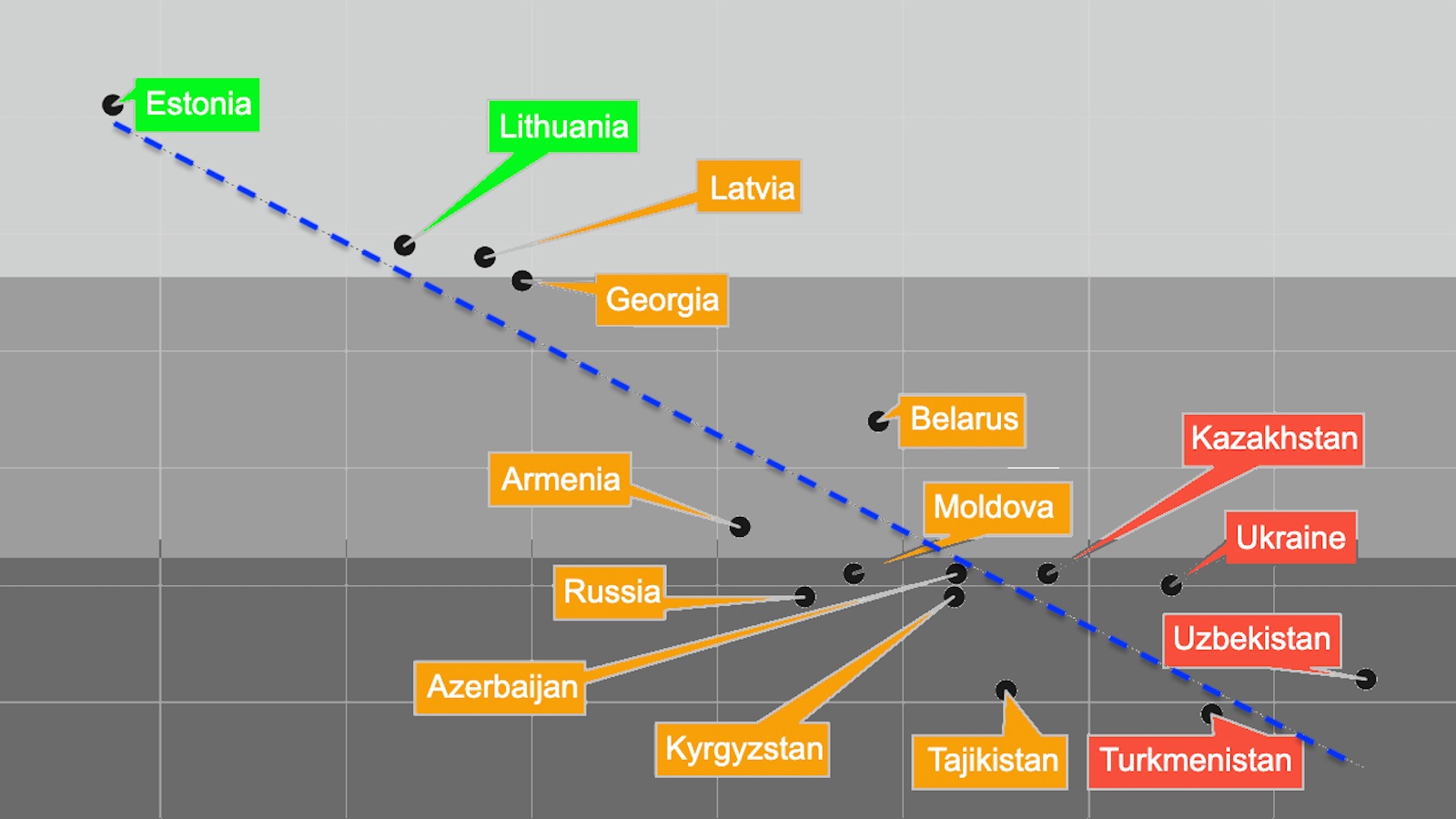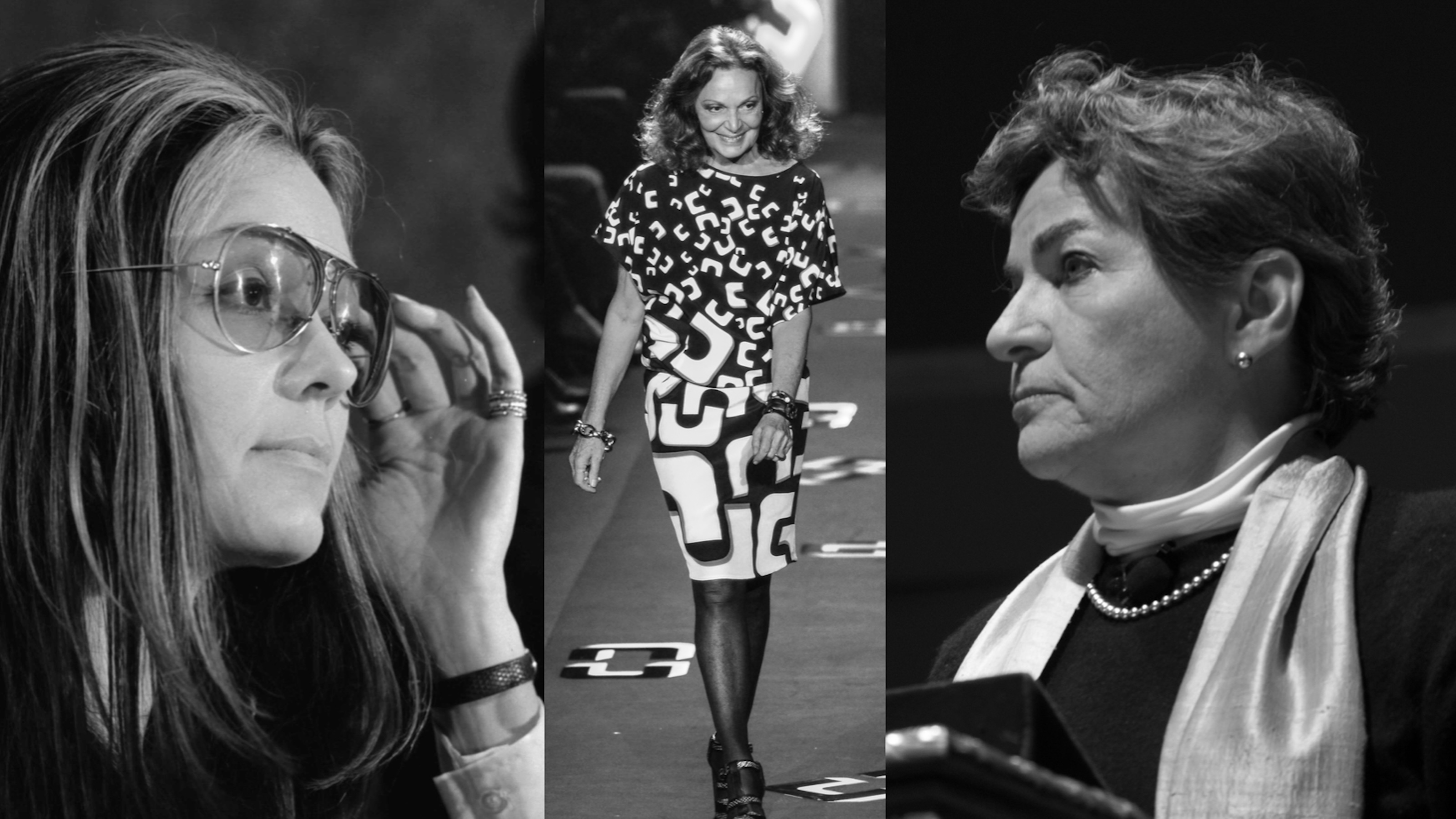The CEO puts his lens to the United Nations.
Question: Are multi-lateral institutions adequately prepared to confront crises?
Arnold: The food crisis earlier this year brought a number of the institutions to focus on, and I would think maybe raise their game in terms of addressing some of these issues. I mean, the UN Secretary General, Ban Ki-moon, set up a high-level task force to see how he could make sure that the UN agencies were working together more effectively to tackle the issue of hunger. I think the World Bank under Bob Zoellick has provided some very good leadership. I think the World Food Programme under Josette Sheeran has also provided leadership. But, I mean, I think critical to all of this is how do we find, because no matter how well the international institutions work together, what really matters is can we find ways of working more effectively at the country level, and that principle that, you know, ownership for a country’s development primarily rests with the government and the leaders and the people of developing countries, and that the donors and the NGOs and all the rest of us are there to fit in and to support those efforts. Now, that’s the challenge, and if we’re looking at the whole question of making all of these developing countries, particularly the poorest, more food secure, less food insecure, finding ways of very good collaboration at national level is what needs to happen.
Question: How has the UN changed under Ban Ki-Moon?
Arnold: I think Ban Ki-moon came in following a very successful, in my view, Secretary General in Kofi Annan who had raised the profile of the United Nations over his tenure of ten years. I think Ban Ki-moon’s tenure, and he’s only not yet two years into it, has been characterized by really actually making, focusing in on the right strategic choices. I mean, after nine months of his tenure, he was, he called a substantial meeting on climate change and has, I think, really tried to focus the world, obviously other people are focused as well on that issue, but the United Nations is an important forum to look at that issue. When the food crisis came along in the first half of this year, he set up the high level task force, and I think, again, he’s to be applauded for that. He’s also trying to make progress in very difficult situations like Darfour, but I’m afraid progress hasn’t been very marked there, but I don’t think that’s Ban Ki-moon’s fault. I mean I think this is a very [intractable] problem and one hopes that maybe with a new US administration, maybe some more progress can be made, but even if the new US administration wants to make that progress, it’s not of course guaranteed that, you know, the conditions are there but so, there are some… so, in answer to your overall question, I think he’s done, I think he’s done quite well in his first two years. I think, obviously, getting the United Nations to work as a cohesive force in the world is an amazingly difficult challenge. I think the whole, I think what the new crisis has brought or will bring are way, are maybe asking questions, new questions, about global governance, and I think one of the real challenges, one of the real tasks that needs to be done is bringing some of the emerging nations, the likes of India, South Africa, Brazil, etc., giving them a greater role in how the world is governed and in, you know, facilitating them play a bigger role in this as well. So, I think, you know, over Ban Ki-moon’s term, that’s going to be part of his agenda, and I hope he will be able to deal with that.





